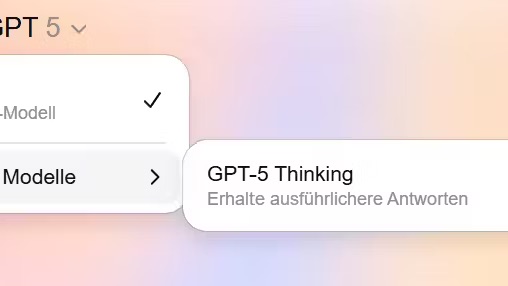
OpenAI has announced GPT-5, its newest AI model featuring enhanced coding skills, larger context windows, improved video generation through Sora, upgraded memory, and other advances. Among the improvements being highlighted is a major boost in the quality of health advice provided through ChatGPT.
According to the company, GPT-5 “is our best model yet for health-related questions, empowering users to be informed about and advocate for their health.” In a blog post, OpenAI described GPT-5 as a “significant leap in intelligence” over previous models, scoring much higher on HealthBench — a benchmark designed around realistic scenarios and physician-defined criteria.
An “Active Thought Partner,” Not a Doctor
OpenAI stressed that GPT-5 is not a medical professional but is designed to act as an “active thought partner” that offers more precise and reliable responses tailored to a user’s context, knowledge level, and location. This, the company says, makes the model safer and more helpful across a range of scenarios.
Despite this emphasis, the GPT-5 livestream focused more on the model’s speed improvements rather than its medical capabilities. OpenAI also reiterated that ChatGPT is not HIPAA-compliant, meaning sensitive health data may not be as secure as it would be with a licensed healthcare provider.
Addressing Mental Health and Safety
Beyond physical health, OpenAI is also making changes aimed at improving mental health support and user safety. GPT-5 will prompt users to take breaks if they have been interacting with the chatbot for extended periods. The model has been adjusted to avoid excessive agreeableness and to better recognize signs of mental or emotional distress.
The company acknowledged past missteps, including an update earlier this year that made the model too agreeable, sometimes prioritizing pleasant-sounding responses over accuracy. That change was rolled back, and OpenAI says it has since refined its feedback system and metrics to focus on real-world usefulness rather than short-term user satisfaction.
Author’s Opinion
Better health-related answers from GPT-5 are a step forward, but there’s a danger in users relying on it as if it were a licensed professional. Even with improved accuracy and context awareness, an AI cannot replace a trained doctor’s judgment. For everyday guidance, it’s a powerful tool — but for diagnosis and treatment, people should still seek qualified medical advice.
Featured image credit: Heute
For more stories like it, click the +Follow button at the top of this page to follow us.
